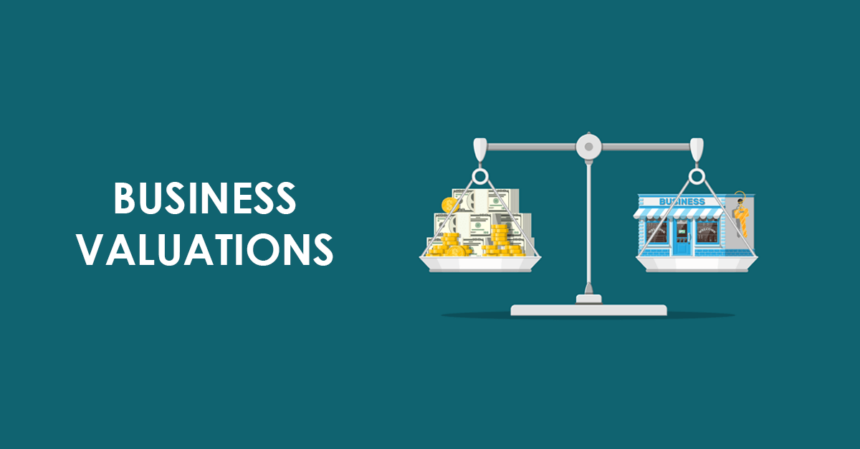Whether it’s to facilitate a sale, for tax planning purposes or even just out of curiosity, many business owners want to know what their company is worth.
Several factors contribute to valuations, including most simply the level of profits and assets. Ultimately though, the true value of a business can only be worth what a buyer is willing to pay for it.
What else can influence business valuations?
In the context of a business acquisition, the price being paid may also be situation specific; such as the buyer being willing to pay a premium to secure a particular customer, or the seller looking for a quick transaction and willing to accept a lower offer.
The owner’s perceived value can also often be heightened in comparison to the businesses ‘real value’, with inflated price expectations a common reason for a business not selling.
The impact of a key people leaving the business as part of a transaction (for example where they are also the owners) may also affect future performance risk and thus the valuation. If the sellers remain integral to the day-to-day functioning of the business, their departure could inevitably affect its value.
How Magma can help
We provide a wide range of valuation services for a variety of circumstances, including owners contemplating an exit, business restructurings, shareholder disputes, tax planning purposes, employee share or option incentives, expert witness, funding and investment requirements.
If you’re considering your options for your own business, get in touch with our corporate finance team on 01788 539000 or 0116 261 0061.
Check out our other articles here: www.magma.co.uk/blog
